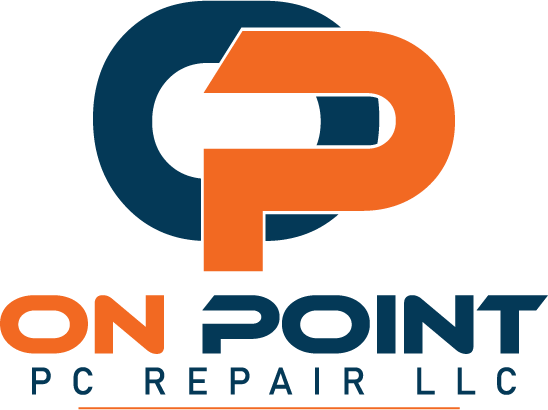Throwing Away / Recycling / Donating Your Old Computer And The Data (Information) On It
What are your options and how can you prevent data theft?
Source: computerweekly.com
Author: Peter Ray Allison
Each year companies have to deal with an increasing amount of obsolete hardware. This is equipment that is under-powered or out of warranty, but nonetheless working and still functionally useful. The bulk of this equipment is typically desktop PCs and laptops, but the same also applies to peripherals, such as monitors, USB hard-drives and projectors.
Simply storing these computers means expensive floor space is being taken up. The problem has now reached the point where it is not uncommon to find IT departments inundated with piles of redundant computer hardware. Not only does this pose a potential trip-hazard and a risk of heavy items toppling over, but it also presents a poor impression to any guests visiting the office.
Computers include many components that are made from potentially harmful materials, such as lithium and mercury, which are toxic to the environment, as well as valuable resources including precious metals. As such, current legislation prevents companies from disposing of this hardware in landfill sites.
To comply with the Waste Electrical and Electronic Equipment (Weee) European Union Directive, which is managed by the Environment Agency in the UK, companies must ensure their hardware is recycled responsibly.
Many companies allow staff to take their obsolete hardware for home use, in return for a small fee. These funds can either be used to offset the expense of buying new hardware, or as a donation to a nominated charity. However, this approach is not without some dangers.
There have been several incidents in the past where old computers have been sold, only for their new owners to discover that they can still access files. One example of this, from 2007, was when case notes about vulnerable children were discovered on a computer that had previously been owned by Southend Borough Council and had been sold on eBay’s auction site by a third-party recycling firm.
There is a dangerous and commonly held assumption that re-installing the operating system will ensure all files are deleted. This is not true. All this process does is remove the links to the previously saved files, which can be easily found using data recovery software, such as Recuva by Piriform.
Professional data wiping tools
“If, instead of being discarded, equipment will continue to be used, it will be classed as EEE and will not come under Weee until the point it is discarded or enters the waste collection system.”
Donating equipment
Sometimes, companies are able to simply donate equipment to schools and colleges in their area. However, there will be limitations as to what they can make use of.
“We prefer to have all the same make and model of computers, as this makes it easier for the children,” says Kate Marsland, the head teacher at Morley Primary School in Derbyshire. “That said, we are using iPads more and more often, and spending less time on computers or laptops.”
Some schools and colleges may also wish to use older hardware as practice rigs for students to gain hands-on experience with assembling computers.
There are many charities that will accept computers. However, this requires forward planning, as only charities that have a registered electrical technician working for them can accept computers or other forms of electrical equipment.
Likewise, some charities will only accept Windows computers but not Apple machines, or vice-versa. It is recommended that companies phone in advance to confirm that a charity is willing and able to accept redundant hardware.

